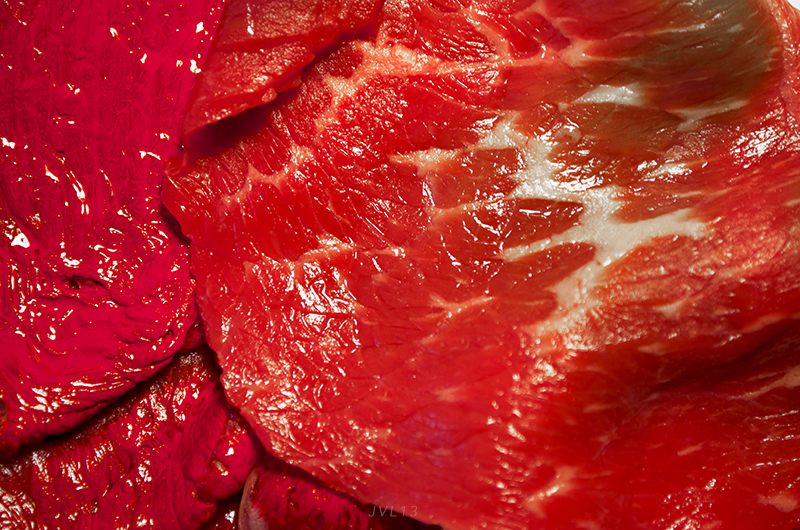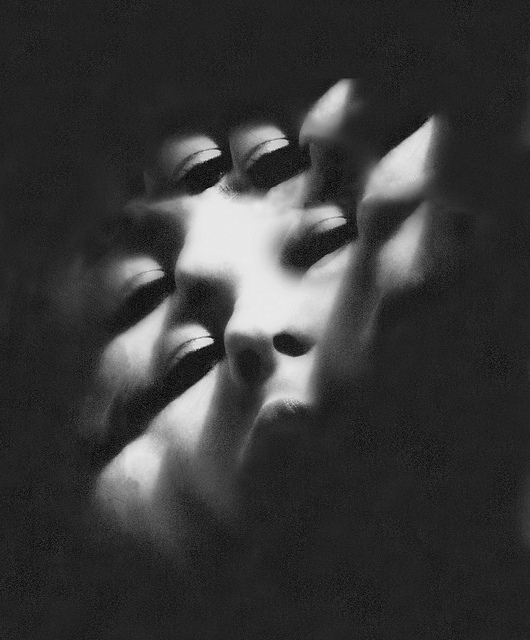We all know of the deeply embedded dichotomy that haunts today’s music industry. On one side, there is a rather homogenous collective of artists – an unjustly applied title – who have forfeited all sense of musicianship, ingenuity, and soul, in exchange for some corporately fabricated image promising them fortune and transcendent fame…. The so-called American Dream. On the other, we have a collective of artists who are driven by far different ends: craftsmanship, innovation, expression, cathartic pursuit. Genuine artistry. They care little for the attention of pre-adolescents and the culturally ignorant. Rather, they use their talents with the sole intention of expressing the otherwise inexpressible emotions of the human experience. They create music for the listener, not the consumer.
What fascinates me is how explicit and uncompromising this line appears to be. It’s either commercial success coupled with mediocrity or neglect paired with virtuosity. It’s almost unintelligible to imagine someone who is able to create sublime art while also transcending the heights of pop-culture.
That being said, there are, of course, some artists who have achieved this duality. Kanye West, Radiohead, Daft Punk are just few names that immediately come to mind - artists who refuse to conform to any image or musical criteria, have no concern for radio-play, but still have the following to sell out Madison Square Garden.
If Drake’s exceptional 2011 release Take Care didn’t already propel the Toronto native into this exclusive category, Nothing Was The Same surely nullifies any remaining skepticism. Despite the implications of the album’s title, Drake’s approach to making music has not deviated much at all. Whether exercising his vocal range on the synth-driven pop ballad ‘Hold On Were Going Home’ or aggressively bragging on the summer anthem ‘Started From the Bottom,’ it’s Drake’s enigmatic and self-assured character that consistently fuels the listener. The album’s thematic content is inherently juxtaposed: triumph and tragedy, love and loss, egoism and humility. Perhaps the fact that human experience seems to be a pendulum between such extremes is what makes Drake so appealing to a widespread audience.
Much has already been discussed about the six-minute, chorus free, album opener ‘Tuscan Leather.’ It’s a rawly delivered, punch line filled lyrical display recalling a Drake circa 2009 - only far more potent and mature. He raves in the first verse “This is nothing for the radio/but they still play it though/Cause it’s that new Drizzy Drake/that’s just the way it go.” From any other rapper such a line would come off as the cliché hyperbole – the unjustified audacity that often undermines today’s hip-hop genre as a whole. But coming from a rapper with “the most number one’s ever” this supposed conceitedness is really just an accurate self-assessment.
My personal highlight from NWTS is the track featuring Sampha, titled ‘Too Much.’ In case you’re unaware of who Sampha is, you’ll instantly recognize his distinct voice as the same one that powered pop-experimentalist SBTRKT’s fantastic eponymous debut album in 2011. The very fact that Drake has recruited a highly talented but relatively unknown individual in the mainstream world truly reflects Drake’s ambitions to work outside of conventional hip-hop channels. The fruits of this collaboration turn out quite formidable. Sampha’s elegantly melodic vocals in the chorus provide a sharp dissonance to Drake’s aggressively rapped, controversial verses. The second verse sees Drake taking somewhat of a stab at his family; “Money got my whole family going backwards/No dinners, no holidays, no nothing/There’s issues at hand that we’re not discussing”. The implication here is that Drake’s newfound fame and fortune have only caused him to grow disparate from those once close. One can only respect such a heartfelt plea coming from a genre that’s generally detached from humanistic content.
All in all, NWTS is Drake at his most complex, not just musically, but emotionally. He asserts on ‘Tuscan Leather’ that his “life is a checklist complete”. Yet on ‘From Time’ we get the sense that he’s lost a great deal on the path to his dreams; “I like when money makes a difference but don’t make you different/Started realizing where I could take it/I want to get back to when I was that kid in the basement”. Drake directly acknowledges this tight rope he’s walking between progress and loss in ‘Furthest Thing’; “Somewhere between psychotic and iconic/Somewhere between I want it and I got it”. Drake may be at the top of the world right now, but upon digestion of the record, its hard not to ask “at what cost?” It is ultimately this paradox between accomplishing everything you’ve ever wanted, while losing yourself along the way that makes NWTS so profoundly alluring.
WRITTEN BY DYLAN MARRELLO
(PICTURE SOURCE)


